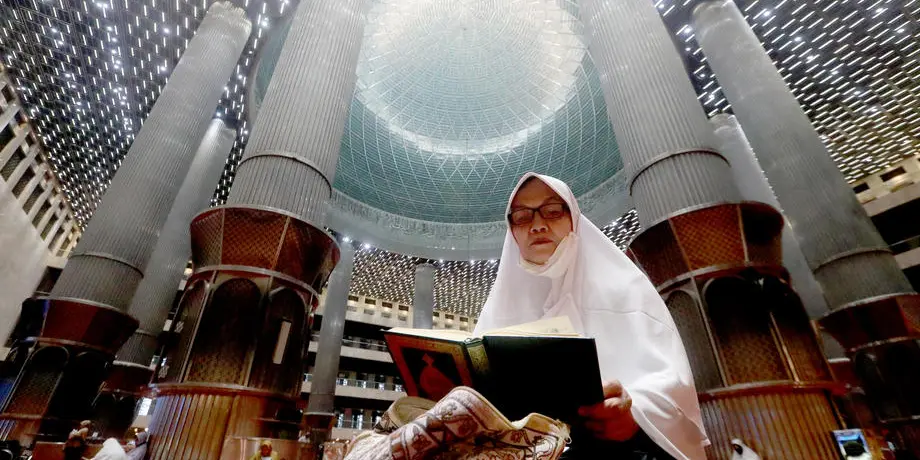
Blasphemy article in draft Criminal Code of Indonesia needs to be reviewed
April 08, 2022

JAKARTA – Parliamentarians from Indonesia and civil society organizations warn that blasphemy laws pose a threat to freedom of religion or belief and social harmony, and urge the Indonesian Government and Parliament to use the opportunity afforded by the overhaul of the Criminal Code to substantially amend the existing legislation or repeal it completely.
In “Revisiting the Blasphemy Article in the RKUHP”, a public discussion held on 7 April 2022 and organized by ASEAN Parliamentarians for Human Rights (APHR) and the Indonesian National Commission on Human Rights (Komnas HAM), several stakeholders voiced their concerns about the current Blasphemy Law and the proposed amendments included in the new draft of the Criminal Code.
The public discussion,which was streamed in Facebook, Zoom and YouTube, included Taufik Basari, Member of the Indonesian Parliament; Dr Zainal Abidin Bagir, Director of the Indonesian Consortium for Religious Studies (ICRS); Fitria Sumarni, of the Legal Committee of Ahmadiyah Congregation Indonesia; Luluk Nur Hamidah, a representative from the Legislative Council of the Parliament; and Djoko Pudjirahardjo, head of the National Legal Planning Agency, at the Ministry of Law and Human Rights.
During the event, Government representative Djoko Pudjirahardjo said the Government was planning to re-submit the RKUHP to the Parliament in June. He stated, ”We encourage all parties concerned to closely follow the debates on the bill to assure the needs and desires of the population are fulfilled.”
Eva Sundari, board member of ASEAN Parliamentarians for Human Rights (APHR) and a former Indonesian Member of Parliament (MP) also added, “It is imperative to involve the public in the discussion of the Criminal Code, and I hope the public can express their aspirations and therefore participate in directing social changes.”
The latest version of the Criminal Code still includes a blasphemy article that reads: “Anyone who expresses in public opinions or commits hostile acts or blasphemy against the religion professed in Indonesia shall be sentenced to a maximum imprisonment of 5 (five) years or a maximum fine of category V.” The existence of the blasphemy article is very worrying in Indonesia.
According to the U.S. Commission on International Religious Freedom (USCIRF) Indonesia is one of the top ten countries that most frequently enforced blasphemy laws between 2014 and 2018, and according to the SETARA Institute and the Indonesia Legal Aid Foundation (YLBHI) the number of blasphemy cases have increased in the past year.
“Now is a golden opportunity to revise or repeal the blasphemy article. If we do not do it, historical opportunities will be lost,” said Zainal Abidin Bagir, Director of the Indonesian Consortium for Religious Studies (ICRS), during the panel.
The crime of blasphemy has been part of Indonesian Law ever since independence and has restricted the right to freedom of religion or belief, in particular of religious minorities, and threatened social harmony.
“We must ensure that the bill is not biased against minority groups because Indonesia is a pluralistic country,” said Luluk Nur Hamidah, a representative from the Legislative Council of the Parliament.
“We hope that the revision of the blasphemy law such as in the RKUHP and PNPS will be carried out soon, as ordered by the Constitutional Court,” said Fitria Sumarni, of the Legal Committee of Ahmadiyah Congregation Indonesia.
The new Criminal Code should respect the rights of religious minorities, often harmed by the blasphemy laws, and the Government and Parliament should establish a legal framework which protects human rights. Reviewing or abolishing the blasphemy law would be essential to attain that goal, said APHR.
ASEAN Parliamentarians for Human Rights (APHR) was founded in June 2013 with the objective of promoting democracy and human rights across Southeast Asia. Our founding members include many of the region's most progressive Members of Parliament (MPs), with a proven track record of human rights advocacy work.